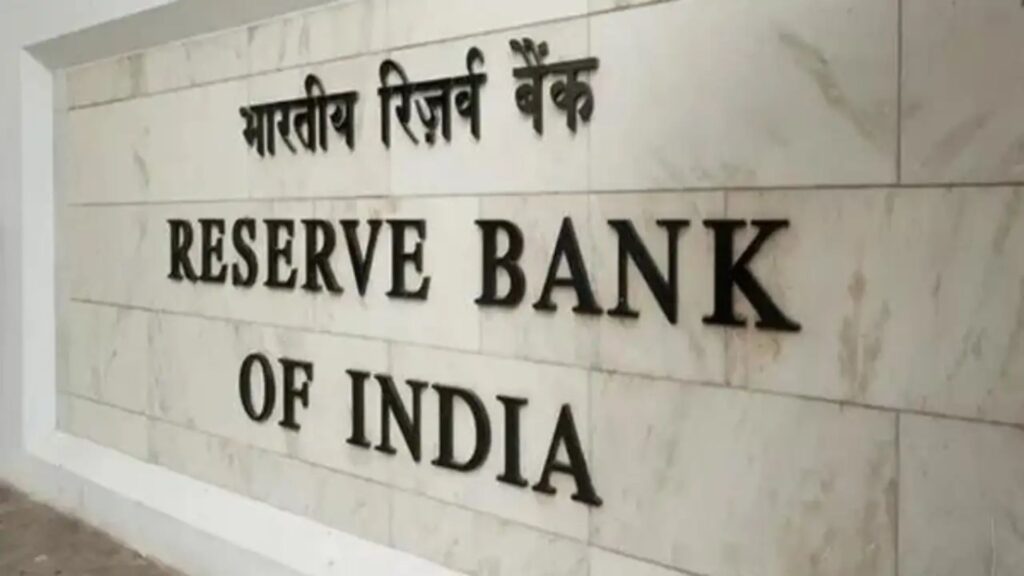In a landmark move aimed at enhancing transparency and accuracy in India’s credit reporting system, the Reserve Bank of India (RBI) has proposed the introduction of a mandatory unique borrower identification number for all loan accounts. This initiative seeks to resolve long-standing issues of mismatched personal data, record duplication, and credit report discrepancies that have affected millions of borrowers across the country.
Speaking at the 25th anniversary event of credit bureau TransUnion CIBIL, RBI Deputy Governor M. Rajeshwar Rao emphasized the urgent need for verified and standardized borrower identification across financial institutions. “Credit information companies rely on accurate and validated borrower IDs from credit institutions. Without these, the risk of misreporting and duplication persists. A secure, verifiable, and consistent borrower ID is crucial,” Rao noted.
Why a Unique Borrower ID Matters
The proposed system comes in response to rising consumer grievances regarding errors in credit reports, particularly from personal loan applicants. Such errors often arise due to inconsistent personal details or the presence of duplicate loan accounts under similar names.
By assigning a unique ID to each borrower, the RBI aims to ensure that all credit data is correctly attributed, significantly reducing the chances of mistakes that could negatively impact an individual’s credit score and financial reputation. This step is expected to not only enhance the credibility of credit reports but also strengthen consumer trust in the credit system.
Implementation by Banks and NBFCs
Under the new framework, all banks and Non-Banking Financial Companies (NBFCs) will be required to use this unique identifier when submitting borrower data to credit bureaus. The RBI believes this will streamline credit assessments and ensure greater consistency in credit records across institutions.
Lending institutions will benefit from improved accuracy in credit checks, while consumers will find it easier to manage and maintain their credit histories. By reducing the volume of disputes and corrections needed in credit reports, the RBI expects this reform to significantly enhance operational efficiency in the financial sector.
Positive Reception from Industry Experts
Industry analysts have lauded the proposal as a much-needed reform that could usher in a new era of accountability and precision in India’s financial ecosystem. With more reliable credit data, lenders will be able to make better-informed decisions, reducing the risk of defaults and improving loan approval turnaround times.
Borrowers, on the other hand, stand to gain more control over their credit profiles, with reduced chances of encountering unexpected rejections or errors due to incorrect credit data.
Next Steps and Public Consultation
The RBI has opened the proposal for public feedback, inviting suggestions from stakeholders, financial institutions, and the general public. Once finalized and implemented, the unique borrower ID system is expected to set a new benchmark for credit reporting standards in India.
This initiative highlights the central bank’s continued commitment to consumer protection, data integrity, and the development of a more transparent and robust credit infrastructure.
